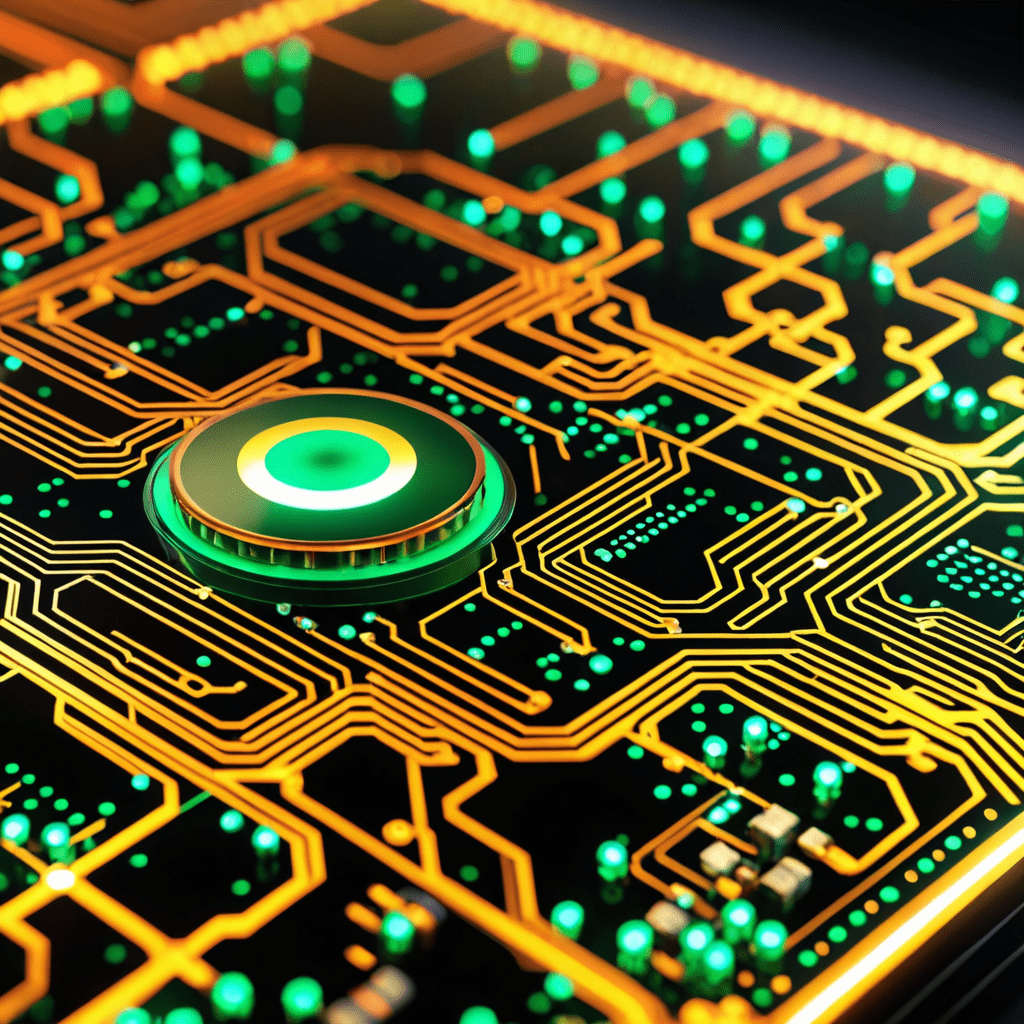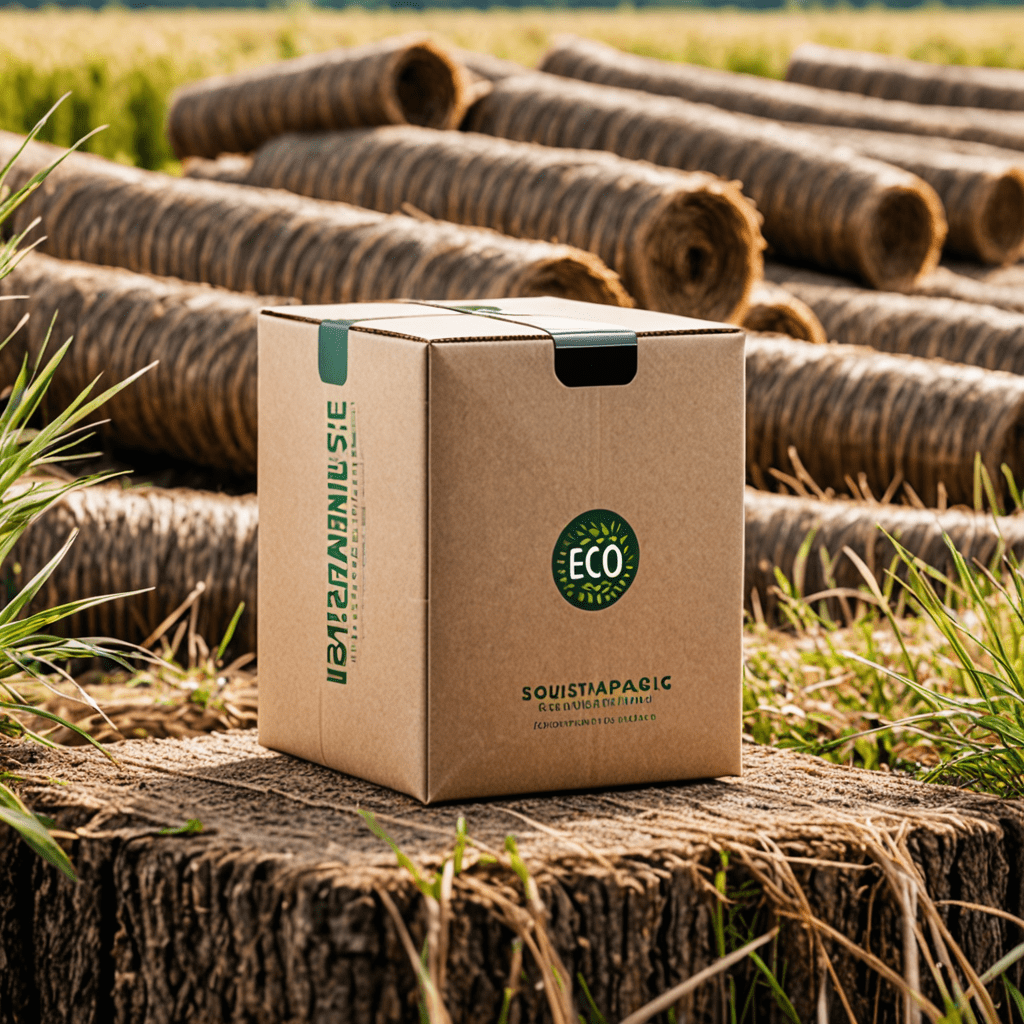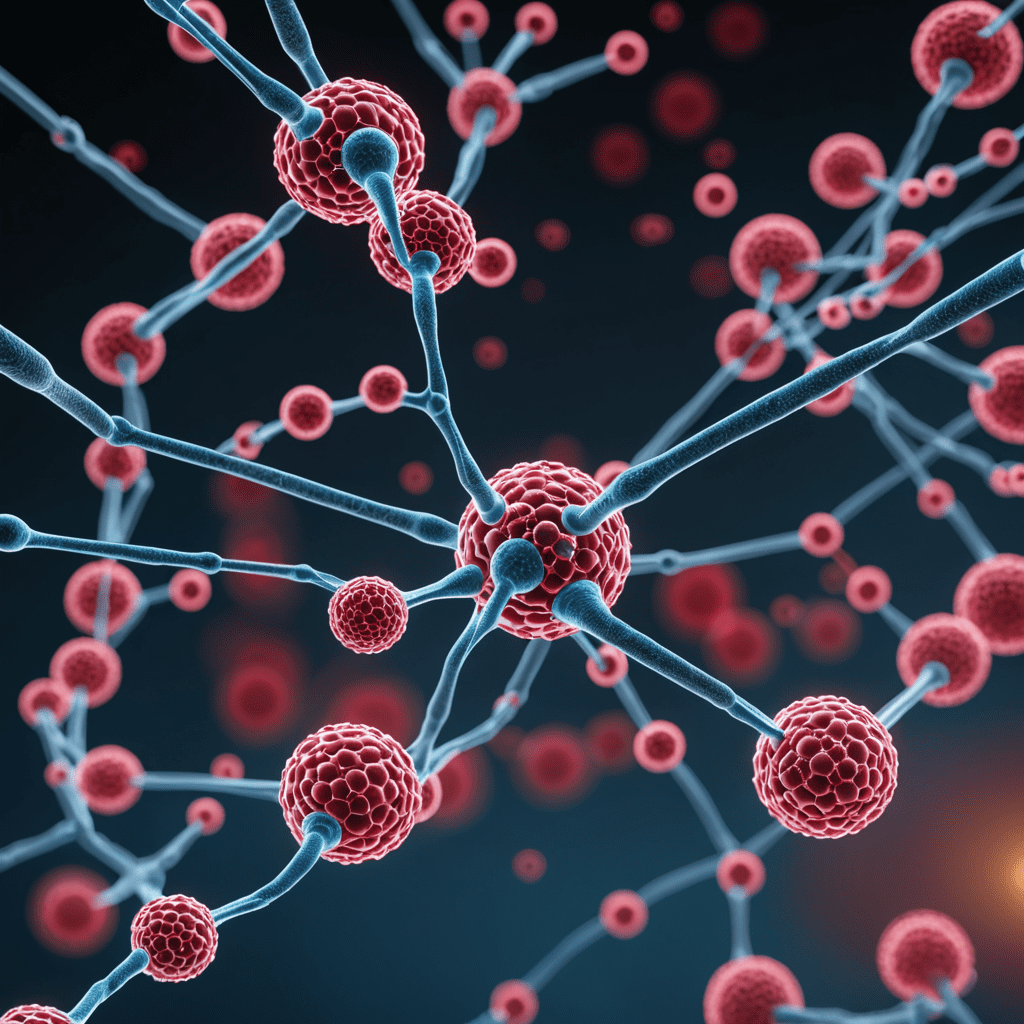
The Role of Nanotechnology in Enhancing Energy Efficiency
Nanotechnology has revolutionized the energy sector by offering innovative solutions to improve energy efficiency. By manipulating materials at the nanoscale level, researchers have unlocked new possibilities in generating, storing, and utilizing energy.
Understanding Nanotechnology
Nanotechnology involves the manipulation of materials at the nanoscale, typically between 1 to 100 nanometers. At this size, materials exhibit unique properties that differ from their macroscale counterparts, enabling them to perform more efficiently in various applications.
Enhancing Solar Energy Conversion
One of the key applications of nanotechnology in energy efficiency is in improving solar energy conversion. Nanomaterials like quantum dots and nanowires have enhanced light absorption and electron transfer processes, leading to more efficient solar cells that can harvest sunlight more effectively.
Nanostructured Materials for Energy Storage
Nanotechnology has also enabled the development of nanostructured materials for energy storage devices like batteries and supercapacitors. By increasing surface area and improving ion transport within the materials, nanotech has boosted energy storage capacity and charging rates.
Nanomaterials for Energy-Efficient Lighting
Nanomaterials such as quantum dots and nanophosphors are being used to enhance the efficiency of lighting technologies like LEDs. These materials can improve light emission, color quality, and energy consumption, leading to more energy-efficient lighting solutions.
Nanotechnology in Energy-Efficient Buildings
Integrating nanotechnology in building materials can significantly improve energy efficiency in structures. Nanocoatings, insulation materials, and smart windows utilizing nanotech can enhance insulation, regulate temperature, and reduce energy consumption for heating and cooling.
The Future of Energy Efficiency with Nanotech
As researchers continue to explore the potential of nanotechnology, the future of energy efficiency looks promising. From renewable energy technologies to energy storage solutions, nanotech innovations are poised to play a crucial role in creating a more sustainable and energy-efficient future.


